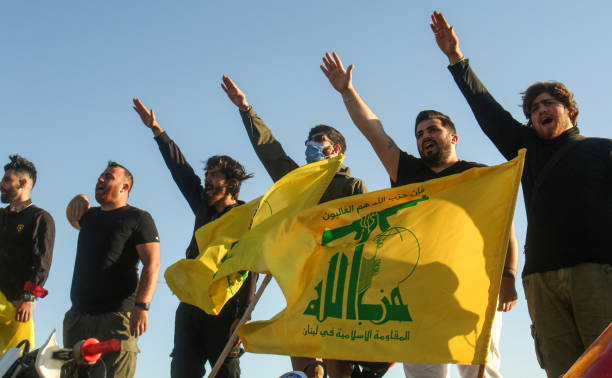Escalating Tensions: Hezbollah's Threat to Israel Following Gaza Attack
Introduction
In the turbulent landscape of the Middle East, the recent escalation of hostilities between Israel and Hezbollah has brought the region to the brink of yet another crisis. Triggered by Israel's military operations in Gaza, this new front poses complex challenges and underscores the volatile nature of the geopolitical dynamics in the Middle East.
Israel's Operation in Gaza
Israel's Operation in Gaza began in response to rocket attacks by Palestinian groups, including Hamas, and their long-standing hostilities. This operation has been a contentious issue, with global opinions divided on the proportionality of Israel's response and the humanitarian implications for the Palestinian population.
Hezbollah's Involvement
Hezbollah, a Shiite militant group based in Lebanon, has a long history of hostility towards Israel. Over the years, it has amassed a substantial arsenal of rockets and missiles, raising concerns among Israeli defense officials. In recent weeks, Hezbollah's leader, Hassan Nasrallah, has issued threats against Israel, vowing to stand with the Palestinians in their struggle against the Israeli military.
The Complexity of the Situation
The recent threat posed by Hezbollah adds an additional layer of complexity to an already intricate geopolitical landscape. Several factors must be considered:
1. Syrian Connection: Hezbollah receives support from Iran and has established a presence in Syria. This regional alliance further complicates the situation, potentially involving Syria in any future conflict.
2.Proxy Dynamics: The Israel-Hezbollah confrontation could be seen as a proxy conflict in the broader struggle between Iran and Israel in the region.
3. Civilian Impact: Any military action in this region has a significant impact on civilian populations. International pressure to avoid collateral damage and protect civilians must be considered.
4. International Response: The international community, including the United Nations, is closely monitoring the situation. Escalation could lead to diplomatic interventions, sanctions, or other consequences.
5. Regional Stability: The escalation of hostilities in the Middle East can have a domino effect, affecting the stability of neighboring countries and straining international relations.
The Way Forward
It is essential to emphasize that a peaceful resolution is in the best interest of all parties involved. Dialogue, diplomacy, and international mediation should be prioritized to prevent further escalation. Moreover, recognizing the legitimate security concerns of both Israel and Lebanon is crucial in any negotiations.
Conclusion
The recent threat by Hezbollah against Israel following the Gaza operation underscores the intricate web of geopolitical rivalries in the Middle East. It is in the best interest of all parties to seek a peaceful resolution, as further escalation could have dire consequences for the entire region. The international community must play a constructive role in defusing tensions and promoting dialogue to prevent further conflict. The road to stability in the Middle East is paved with diplomacy and compromise.

No comments:
Post a Comment